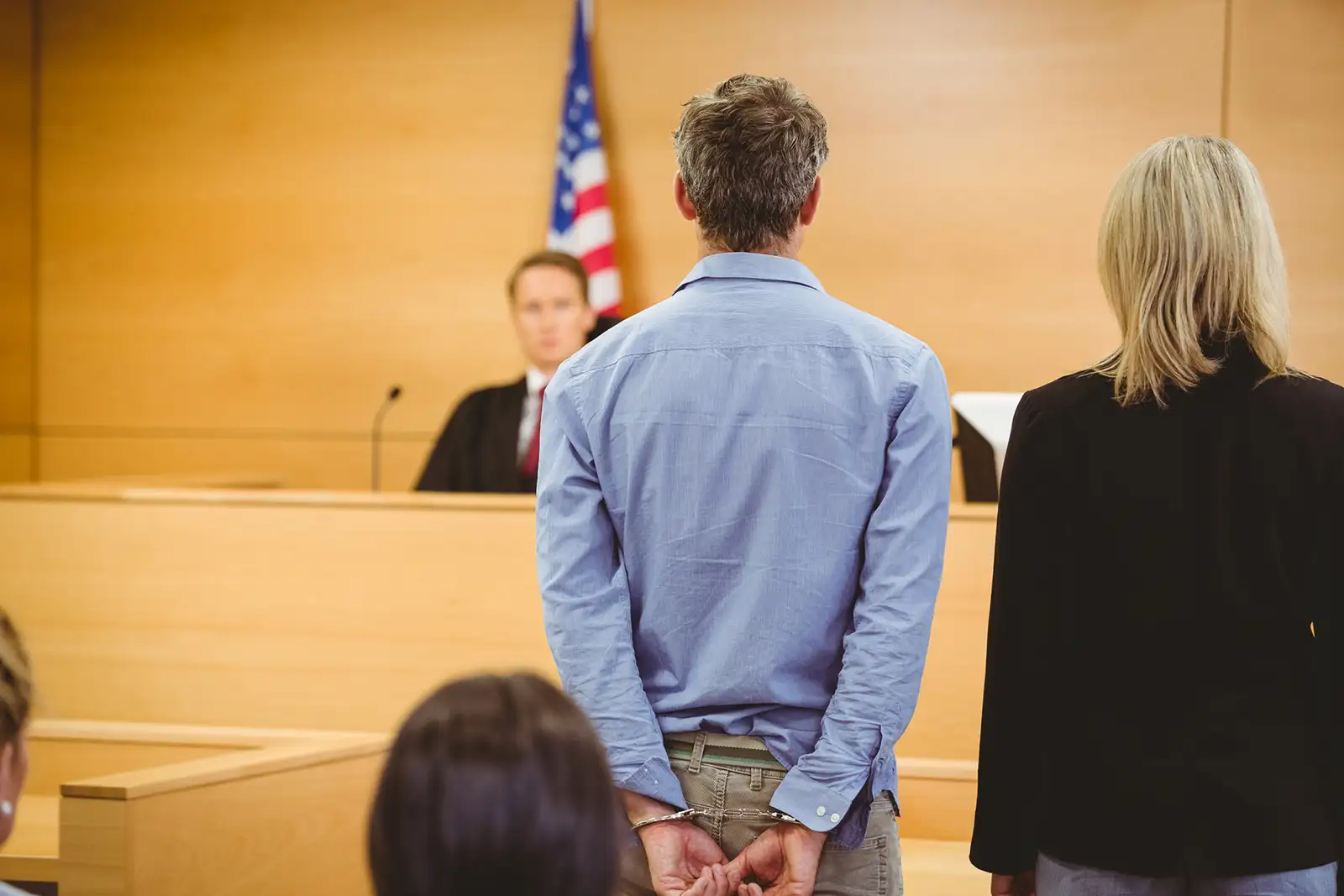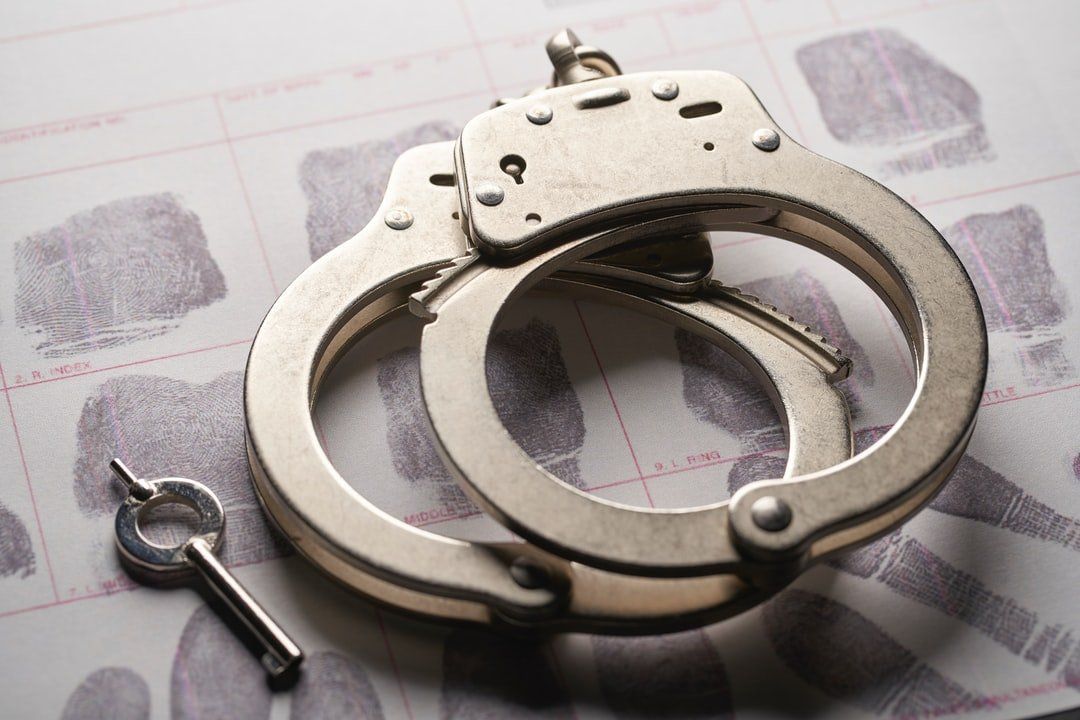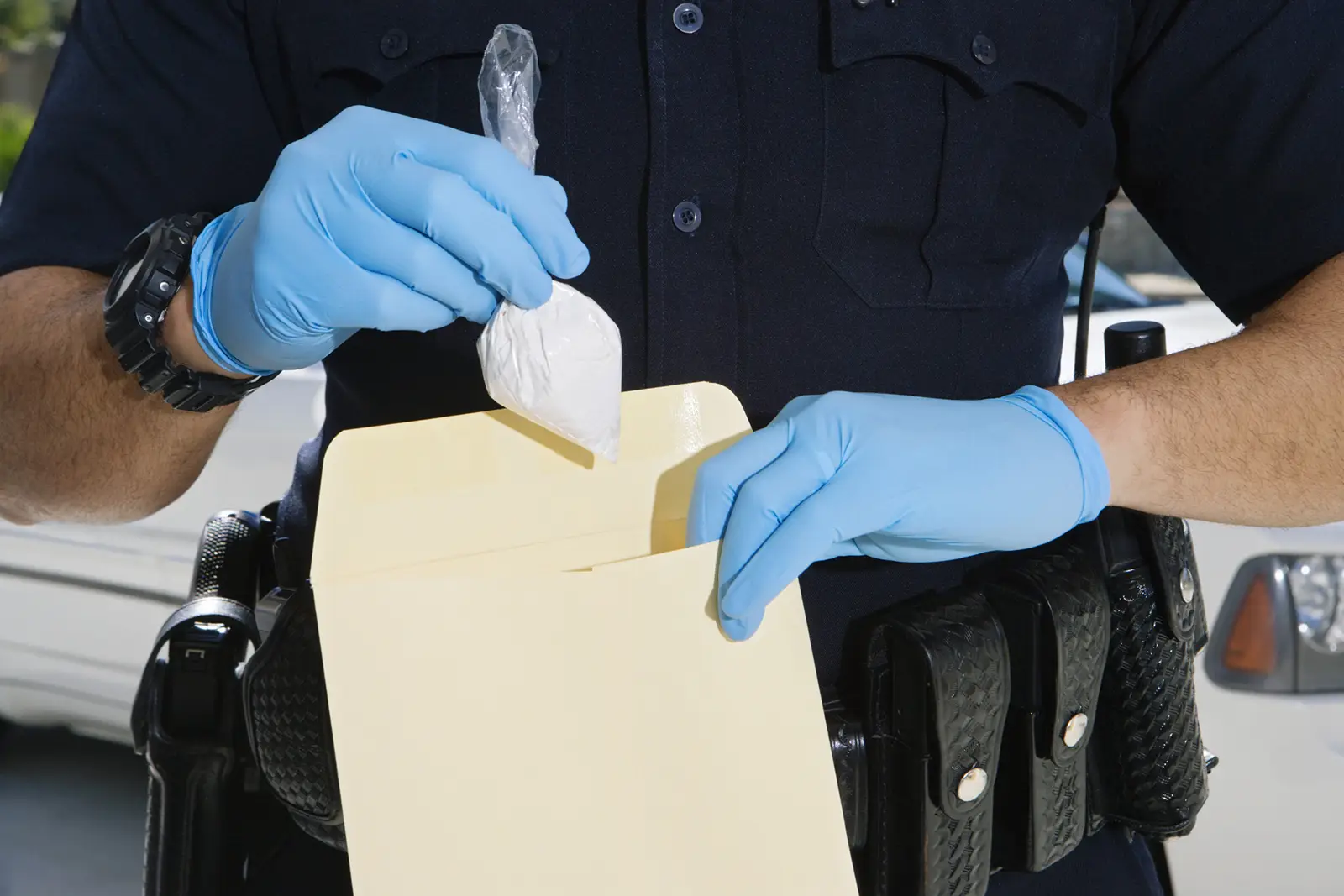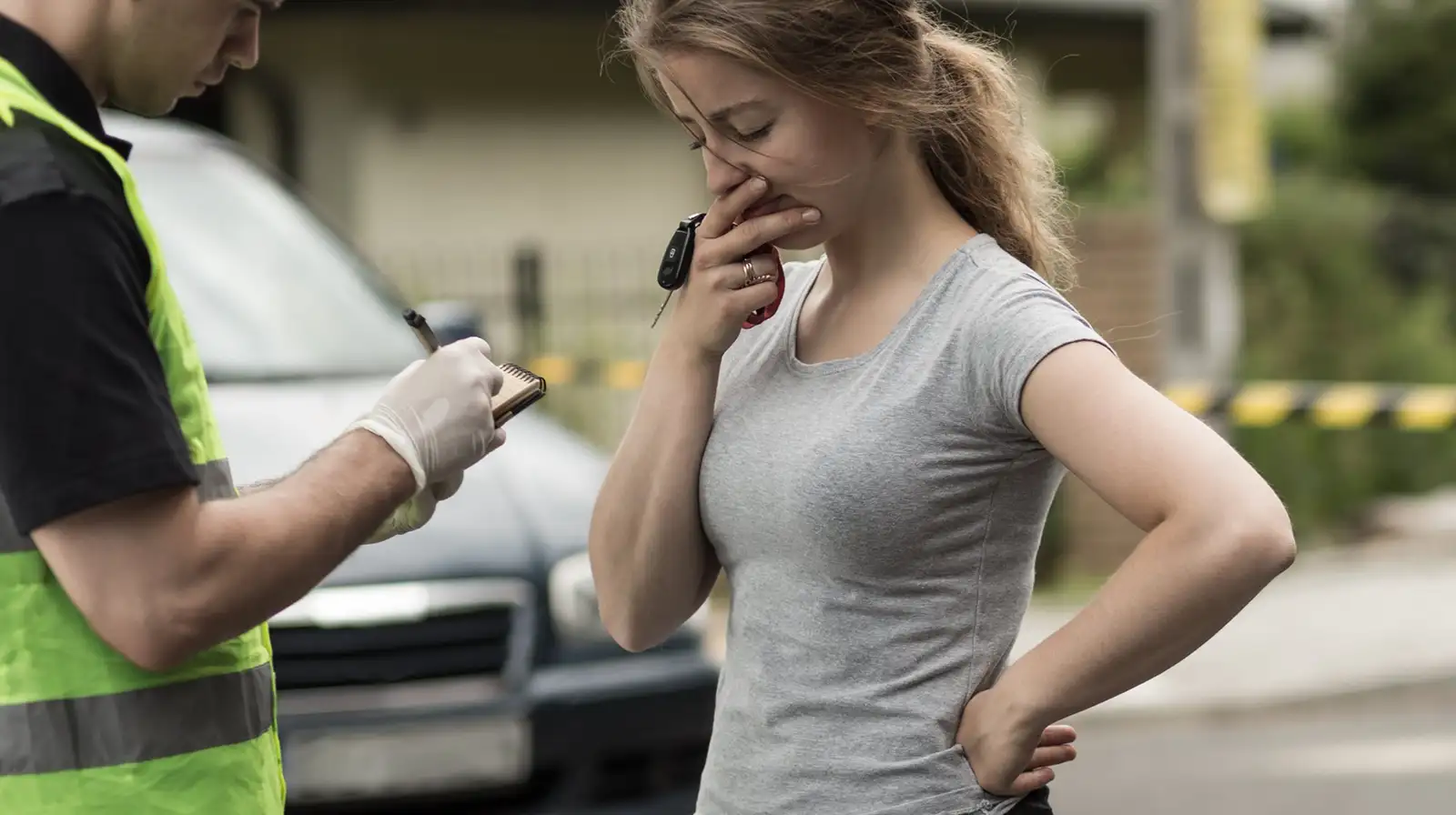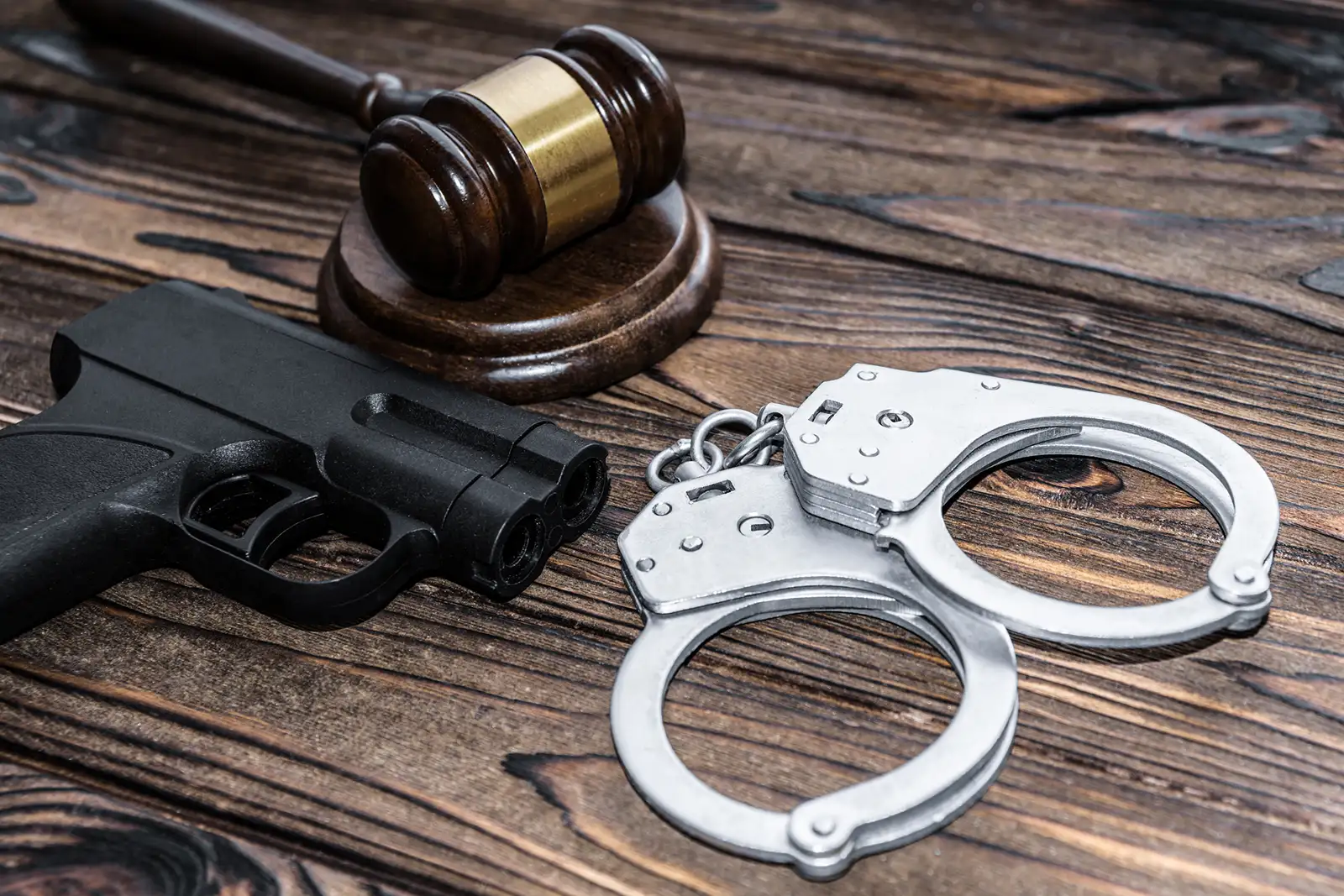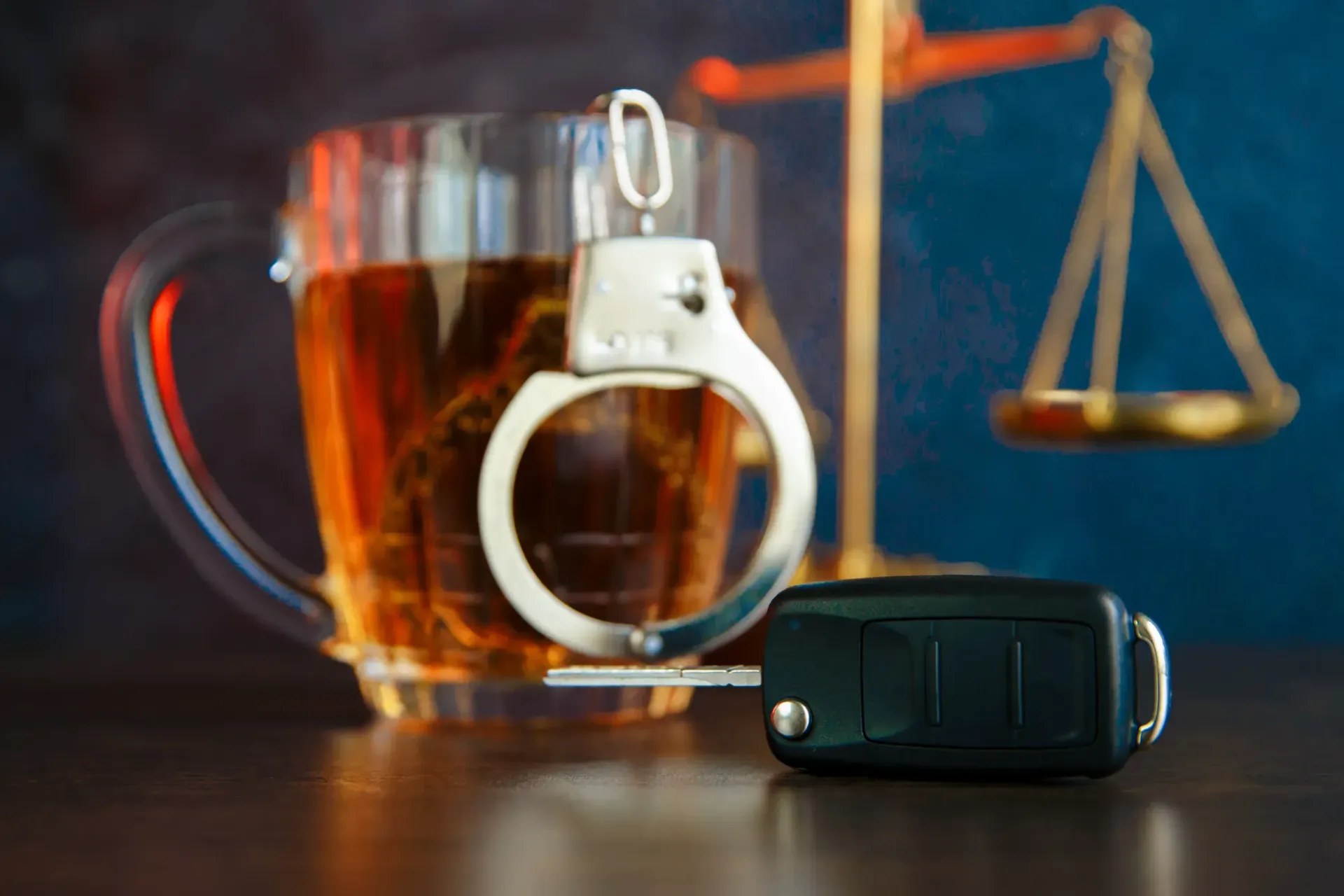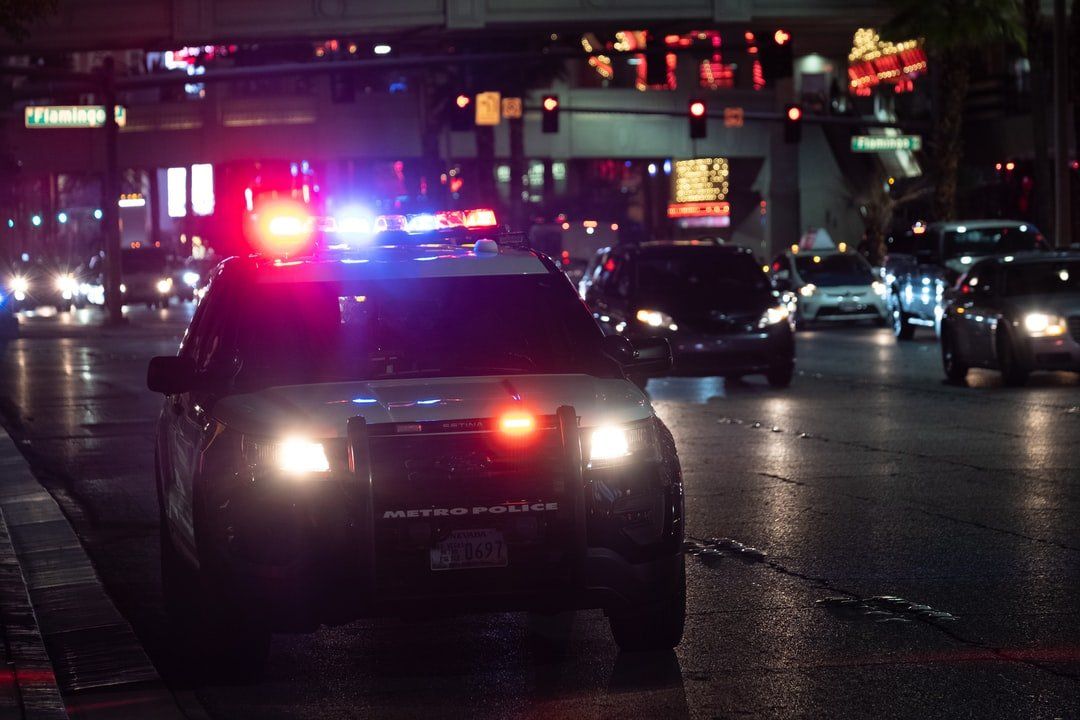Criminal Defense Attorney In Belleville, Illinois
We Fight For Your Rights
Being arrested and facing criminal charges can be a daunting prospect, often leading to overwhelming feelings of fear, stress, and deep concern for both your reputation and the well-being of your family. The emotional turmoil is amplified when the allegations against you hold little or no truth, leaving you to wrestle with uncertainty and the potential consequences of a legal battle that you never anticipated.
Richard Roustio, a compassionate and experienced Criminal Defense attorney based in Belleville, Illinois, commits himself wholeheartedly to your case, diving in with a fine-tooth comb. He investigates every intricate detail, subpoenas every critical piece of evidence and witness, and meticulously researches the letter of the law to construct a robust and formidable defense against the prosecutor’s allegations. His dedication ensures that no stone is left unturned in your pursuit of justice.
Never lose hope, even in these challenging times. Reach out to Richard Roustio, your dedicated ally in criminal law, today, and take the first step toward reclaiming your peace of mind and securing your rights.
Call Richard Roustio Attorney at Law at 618-350-3848 to schedule a consultation with a lawyer today.
We Understand Your Situation
With concerns looming about what might happen to your family if you're convicted of the crimes you’re accused of, it’s crucial to turn your attention to Richard Roustio in Belleville, Illinois. With years of dedicated experience in defending individuals against unfair allegations, Richard Roustio devotes his energy to tirelessly advocate for your bail and work towards your eventual acquittal of the charges you face. Recognizing the gravity of the situation, he understands that even if there is some legitimacy to certain accusations, he will exercise every legal mechanism in his extensive repertoire to negotiate a favorable plea bargain. This proactive approach aims to prevent a single mistake from blemishing your entire life and future opportunities. Don’t delay in seeking the justice you deserve. Collaborate with Richard Roustio, an attorney who will ardently and passionately defend your rights at every step of the legal process, ensuring that you’re not fighting this battle alone.
A Legacy of Success in Defending Our Clients
At Richard Roustio Attorney at Law in Belleville, Illinois, every case is handled personally with the utmost dedication and fervor, ensuring that each client receives the individual attention they deserve. Roustio brings to the table a vast spectrum of experience in dealing with various criminal cases, ranging from minor thefts to major felony charges, including serious accusations such as murder. His impressive track record of success speaks volumes about his unyielding pursuit of justice and his commitment to achieving favorable outcomes for his clients.
Roustio is known for being unrelenting in the courtroom, fiercely advocating for his clients’ rights, while also being empathetic and supportive towards them and their families throughout the legal process. He stands by your side, offering both guidance and steadfast advocacy every step of the way, making sure you are never alone in this challenging time. If you are in need of legal representation, reach out to Richard Roustio Attorney at Law today to discuss your case and explore your options.
Have Questions?
Call Richard Roustio Attorney at Law at 618-350-3848 today to speak to an attorney.


